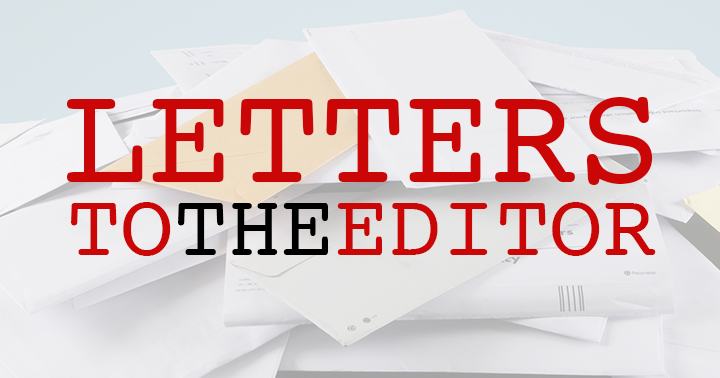Melitta, Kuehne+Nagel reduce emissions with Book and Claim

Melitta, an international group of companies specialising in coffee preparation, has chosen Kuehne+Nagel as its road transport partner, particularly because of its book-and-claim offer.
“Kuehne+Nagel offers groupage and freight forwarding services throughout France for the delivery of Melitta products. The road logistics teams connect the storage and order preparation platform in Chézy-sur-Marne with major food retailers,” says an official press release from Kuehne+Nagel.
“At Melitta, sustainability is a central pillar of our strategy,” says Etienne Jollois, Site Logistics Manager, Melitta France. “We work tirelessly to reduce our carbon footprint at every stage of our distribution chain. France is making a significant contribution to the group’s objectives by reducing its emissions by over 50 percent.”
“We chose Kuehne+Nagel because of the company’s reputation for operational excellence and commitment to sustainability. Their approach aligns with our values and ensures we are moving in the right direction.”
What is Book and Claim?
Book and Claim is a chain-of-custody model, the press release continued. “This means that the characteristics of a product or service, such as its sustainability benefits, can be decoupled from that product or service and transferred through an accounting method.”
“In a logistics context, it allows companies to claim the emission reduction through Low Emission Transport Services (LETS)* when it is not possible or efficient to physically transport their goods by these means (for example, when low-emission fuel is not available, grid power is insufficient to charge an electric truck, etc.). This works because emissions know no borders and global warming is only about the absolute amount of CO2e, not who physically produced it. The key principle here is that it is possible to clearly define and distinguish the entity that generates the emission reduction and the entity that claims that reduction.”
Jollois says: “I firmly believe that we need to invest in change to transform our industry and move towards more sustainable distribution.”
*LETS is a collective term for transport solutions that cause fewer emissions compared to traditional fossil fuels. Examples of LETS are biofuels or electric vehicles.



